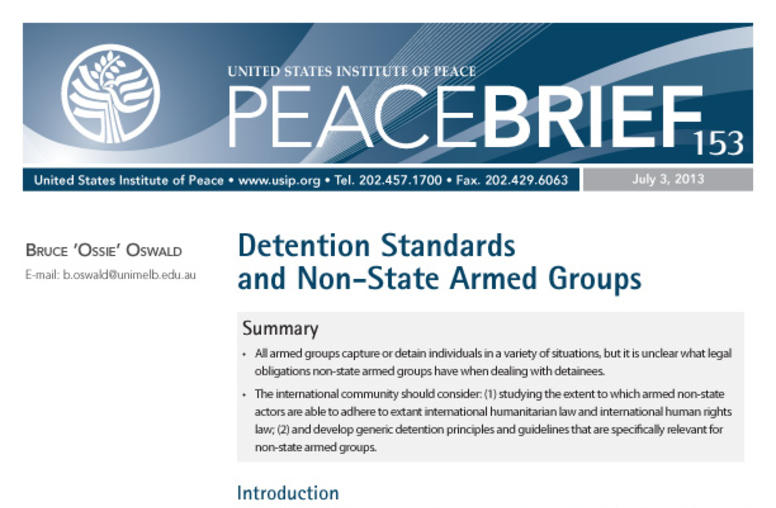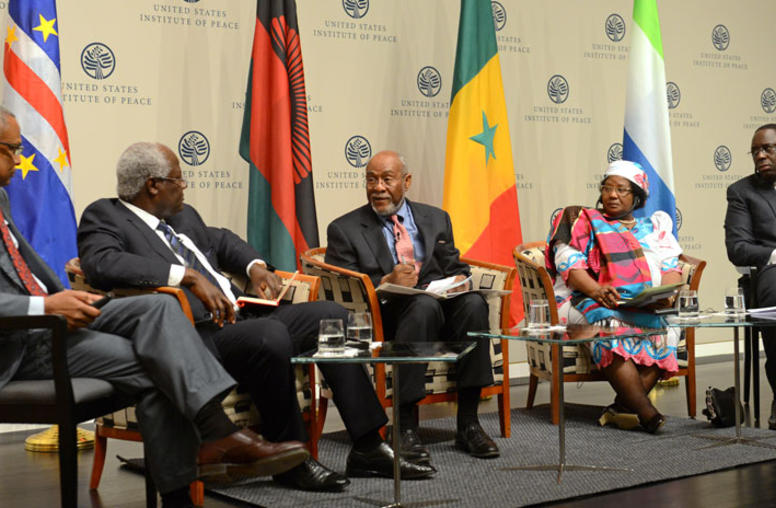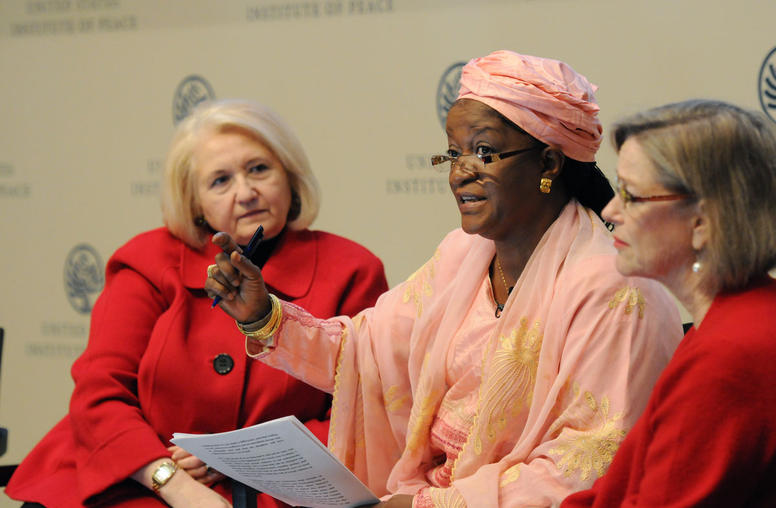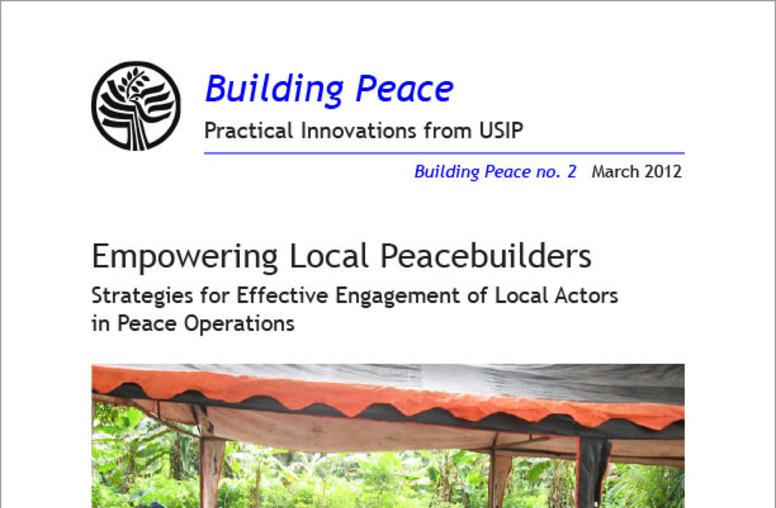The U.S. Institute of Peace (USIP) is currently supporting a team of Harvard University researchers who are carrying out a group psychosocial intervention in Freetown, Sierra Leone with youth affected by the 1991-2002 civil war in that country. The program, the “Youth Readiness Intervention” (YRI), is the first intervention of its kind to be tested in Sierra Leone.
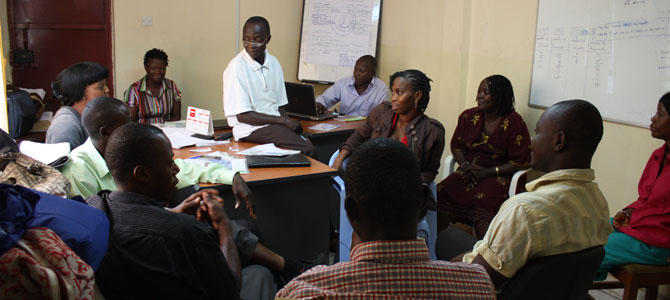
The U.S. Institute of Peace (USIP) is currently supporting a team of Harvard University researchers who are carrying out a group psychosocial intervention in Freetown, Sierra Leone with youth affected by the 1991-2002 civil war in that country. The program, the “Youth Readiness Intervention” (YRI), is the first intervention of its kind to be tested in Sierra Leone. It is based on Project Director Dr. Theresa Betancourt’s previous 10-year study of war-affected youth and former child soldiers. The intervention aims to assist youth in navigating life stressors, addressing past trauma and anger, and building the interpersonal skills crucial for success in both employment and educational programs.
Betancourt has worked with teams in Boston and on the ground in Freetown to test and implement this culturally adapted intervention. Specific objectives include increasing healthy decision-making skills and decreasing trauma-related stress amongst participants. The team began by developing YRI training materials, partnering with local organizations, developing a community advisory board, and training Sierra Leonean research and clinical staff. With the assistance of youth-focused local organizations, the team was able to recruit and screen potential youth participants in February 2012, initially assembling 32 youth to participate in the YRI. Intervention sessions consisted of small groups broken down by age and gender and then randomized. The YRI sessions involve emotional and social skill-building as well as story sharing.
Betancourt and her team have recently expanded the project after receiving a 125,000 Swiss Franc (approximately 135,000 USD) grant from the UBS Optimus Foundation. The expanded project is now based on a four-arm research design, comparing 1) youth who participate in YRI, 2) youth who participate in EducAid, which offers free secondary schooling in Sierra Leone, 3) youth who participate in both programs, and 4) youth who participate in neither program. Depending on the results of the trial, the YRI may be scaled up for implementation in communities across Sierra Leone. Scaling up the intervention and assessing the effectiveness of the YRI tools will not only support the needs of Sierra Leonean youth, but will also help to inform future psychosocial interventions in other contexts.
USIP is committed to supporting youth in post-conflict countries and to improving the knowledge base on best practices for work with conflict-affected youth. Other USIP-funded projects have worked with former child soldiers in Mozambique, supported victims of armed conflict in Peru, and developed peer support work with Colombian ex-combatants and conflict survivors. USIP is particularly pleased to support this Harvard-led project in Sierra Leone that is in line with the Institute’s goals of promoting rigorous evaluation and evidence-based practice.
For questions about this project, please contact Elizabeth Murray at emurray@usip.org.
